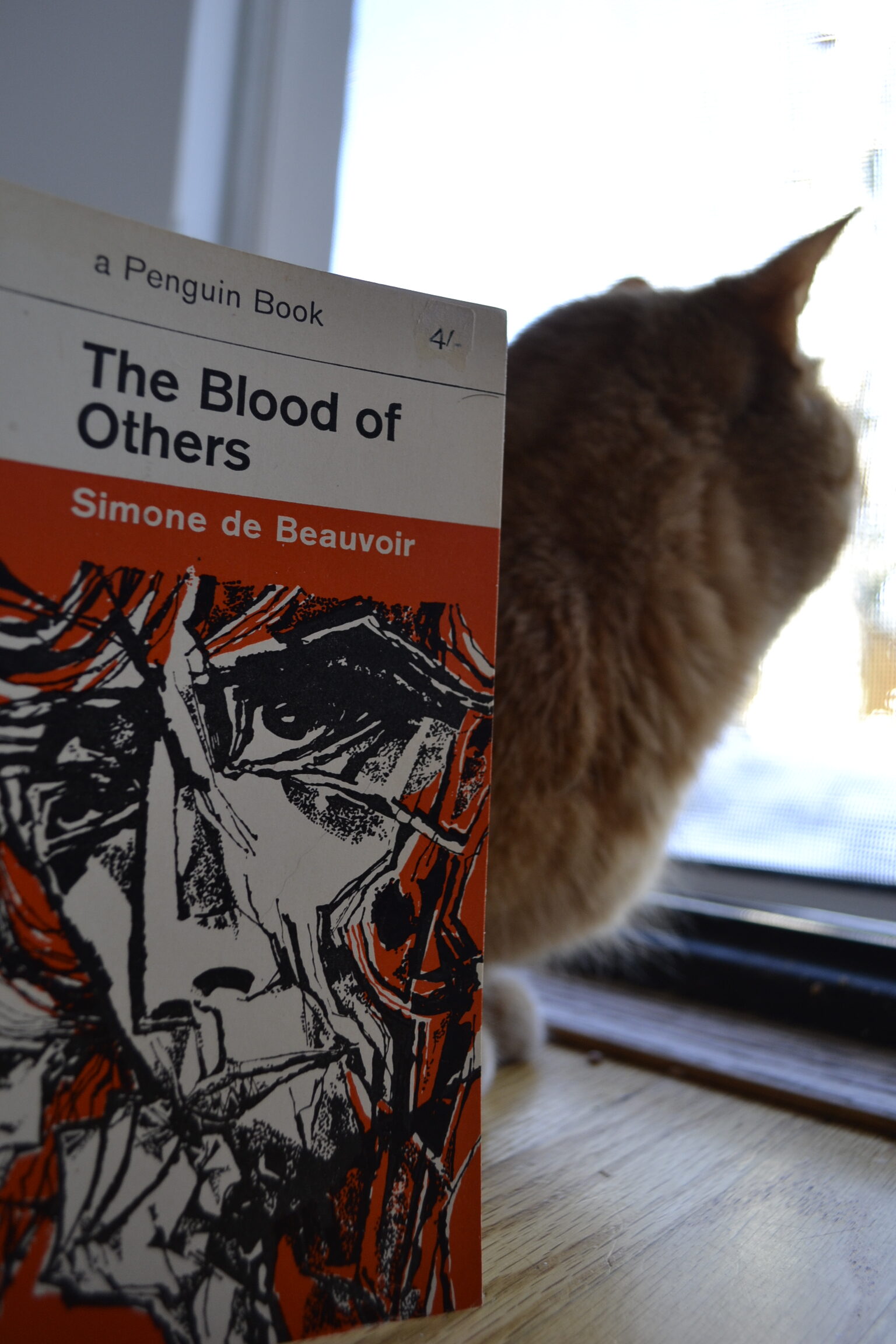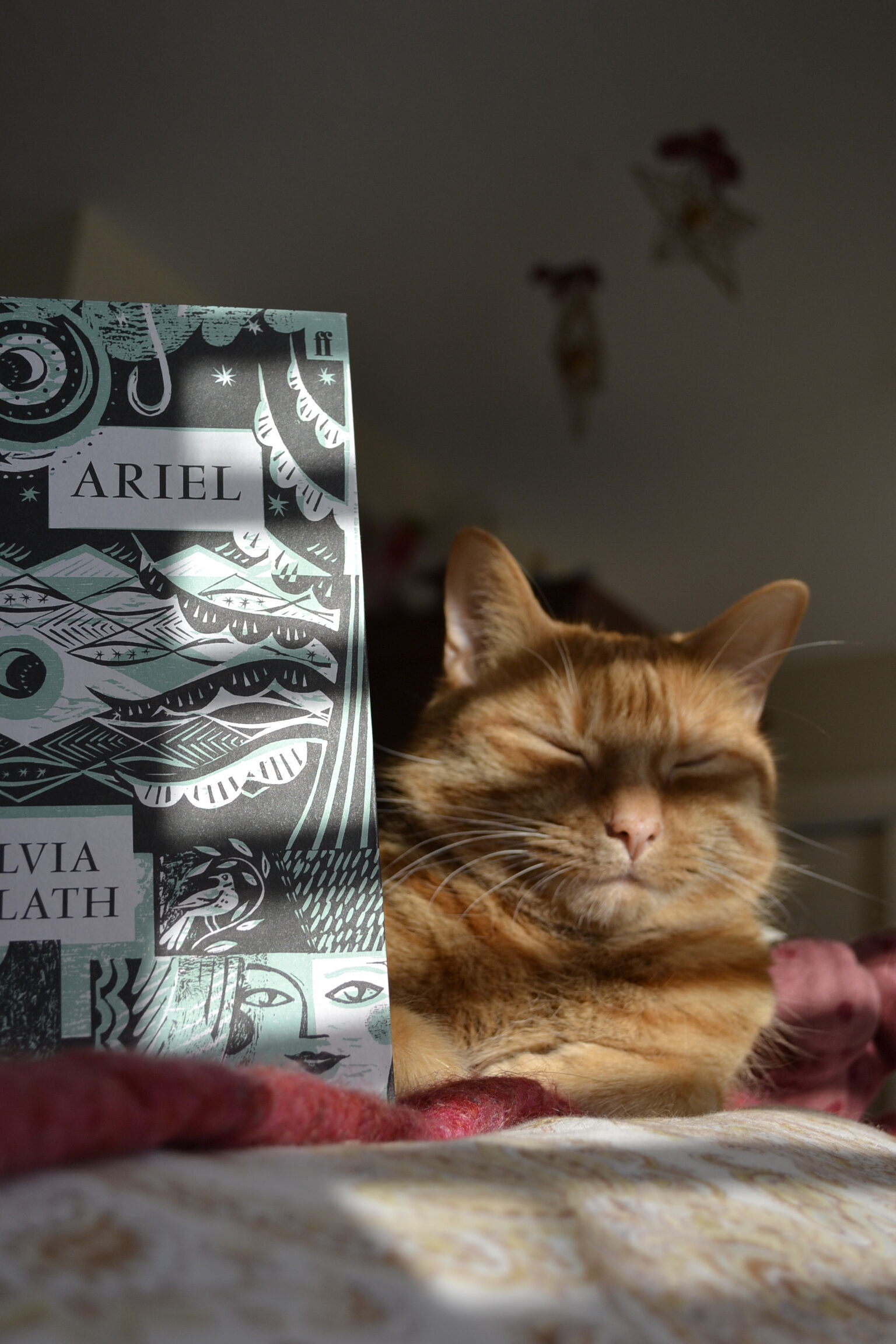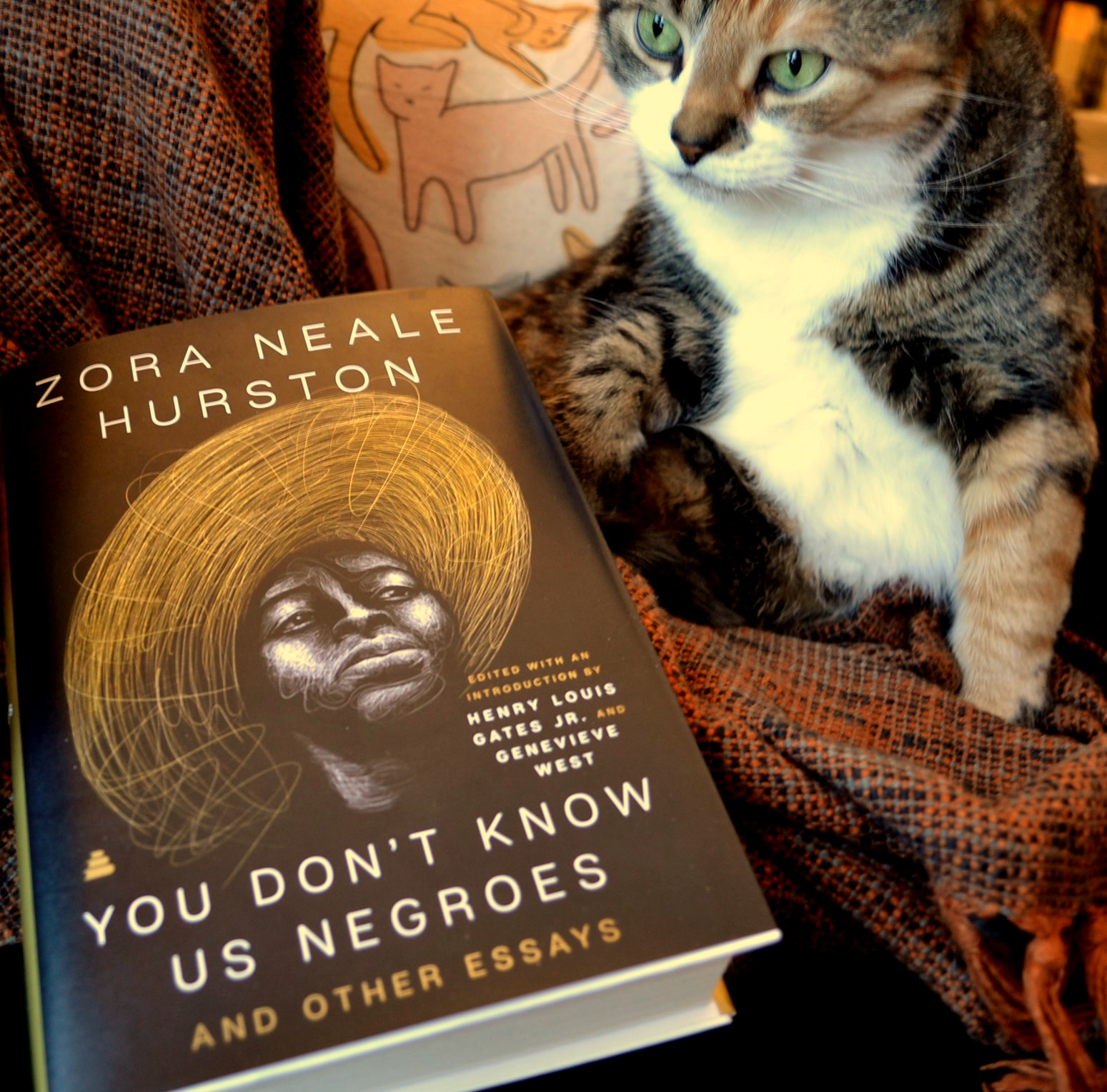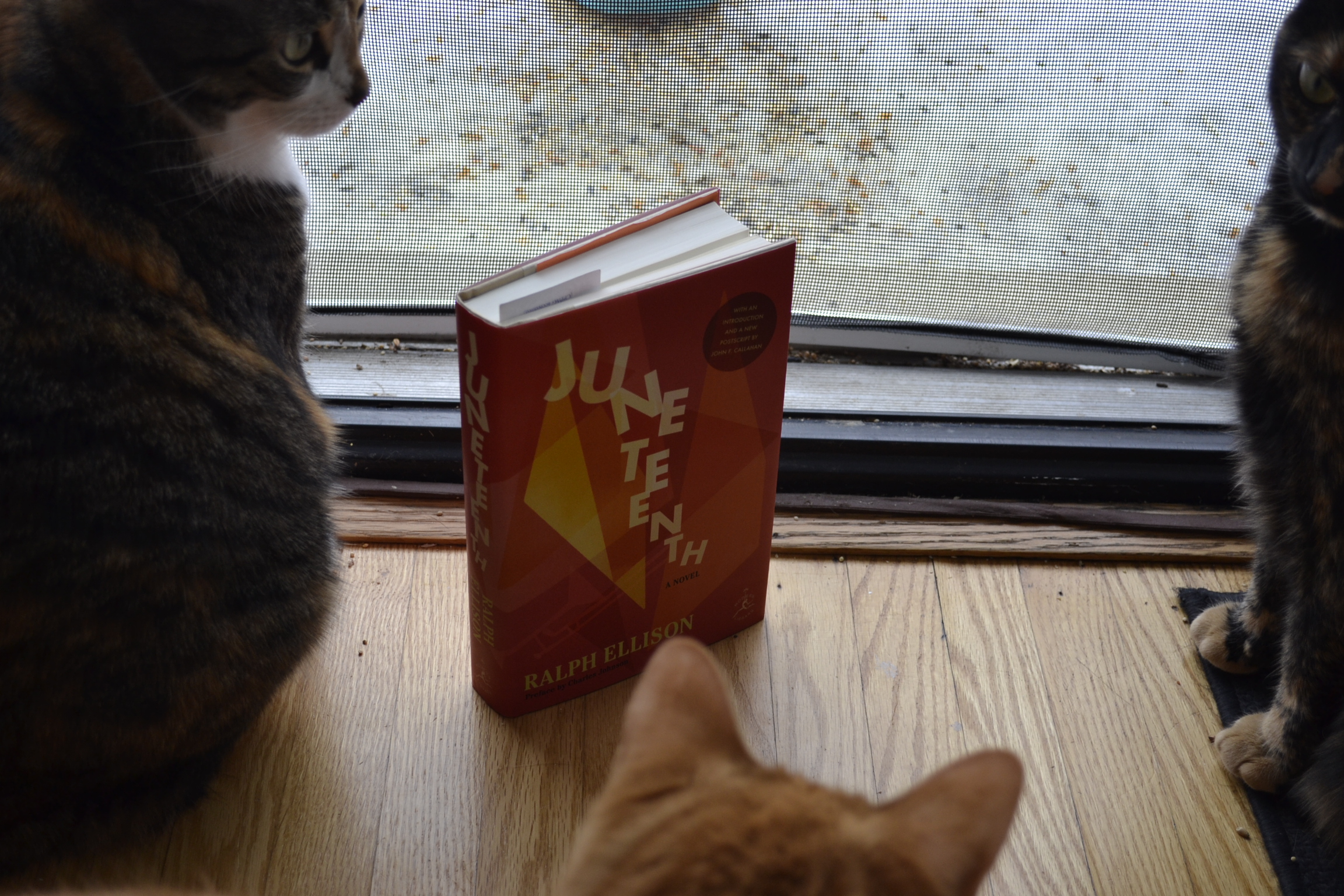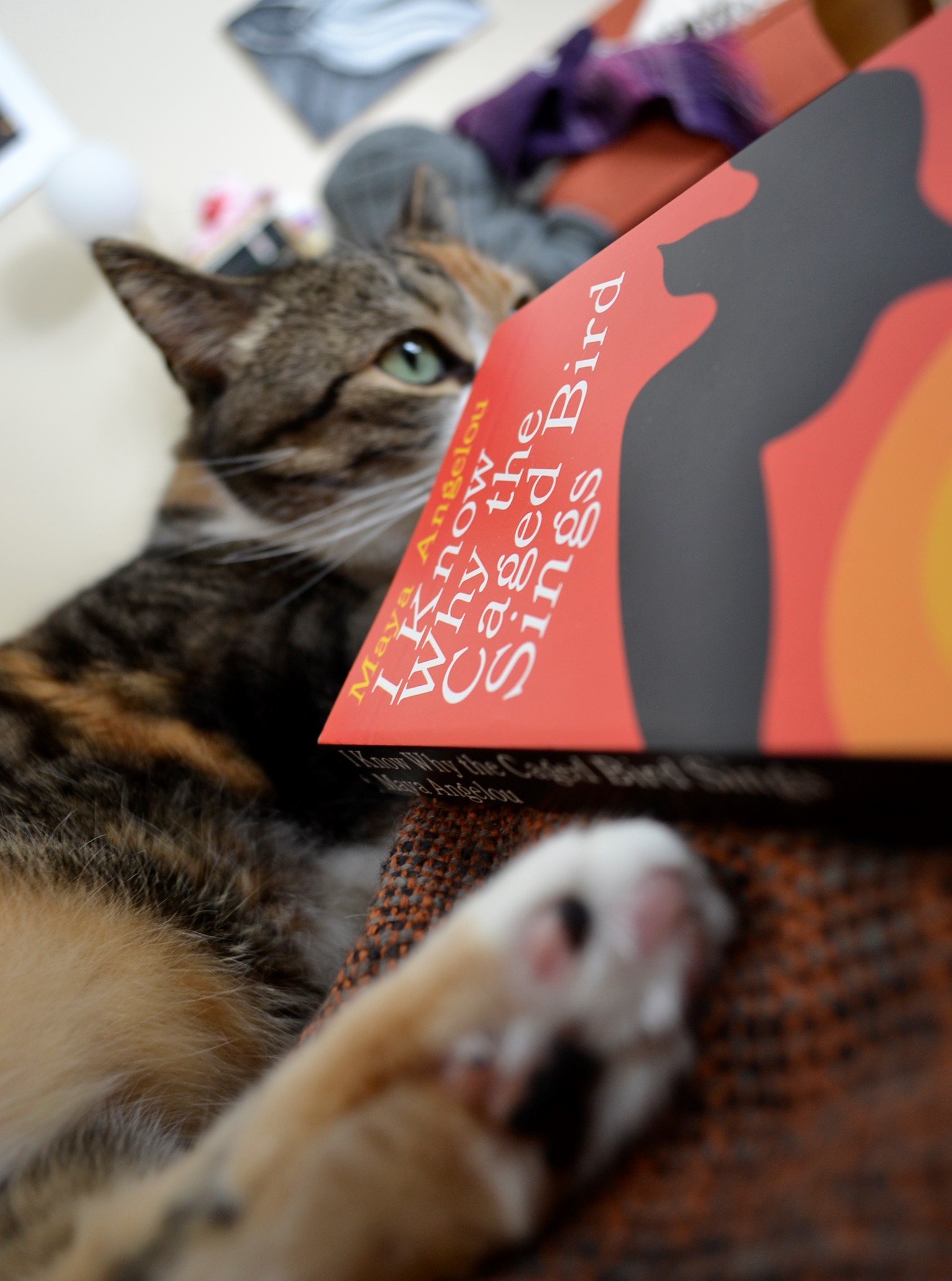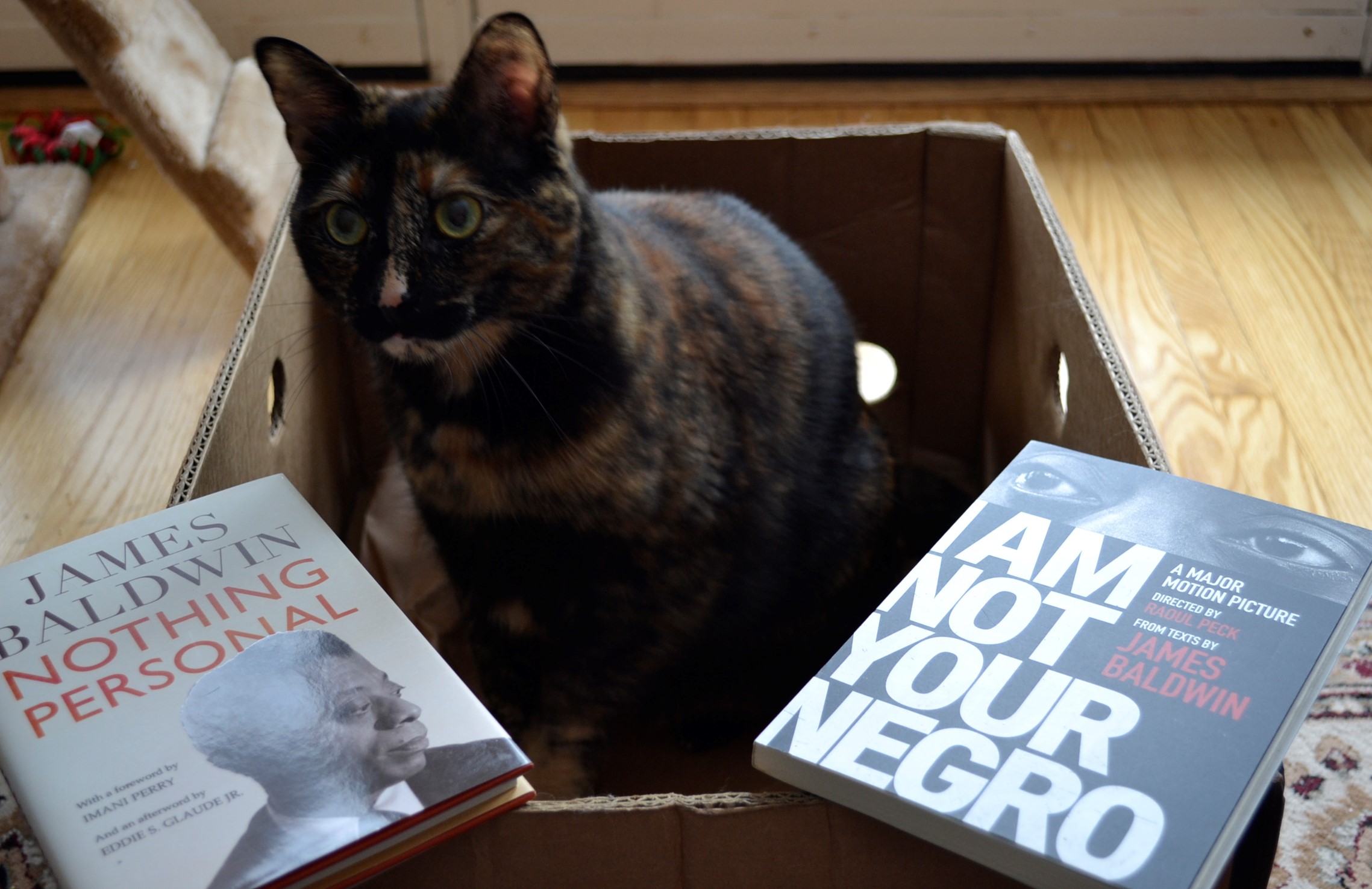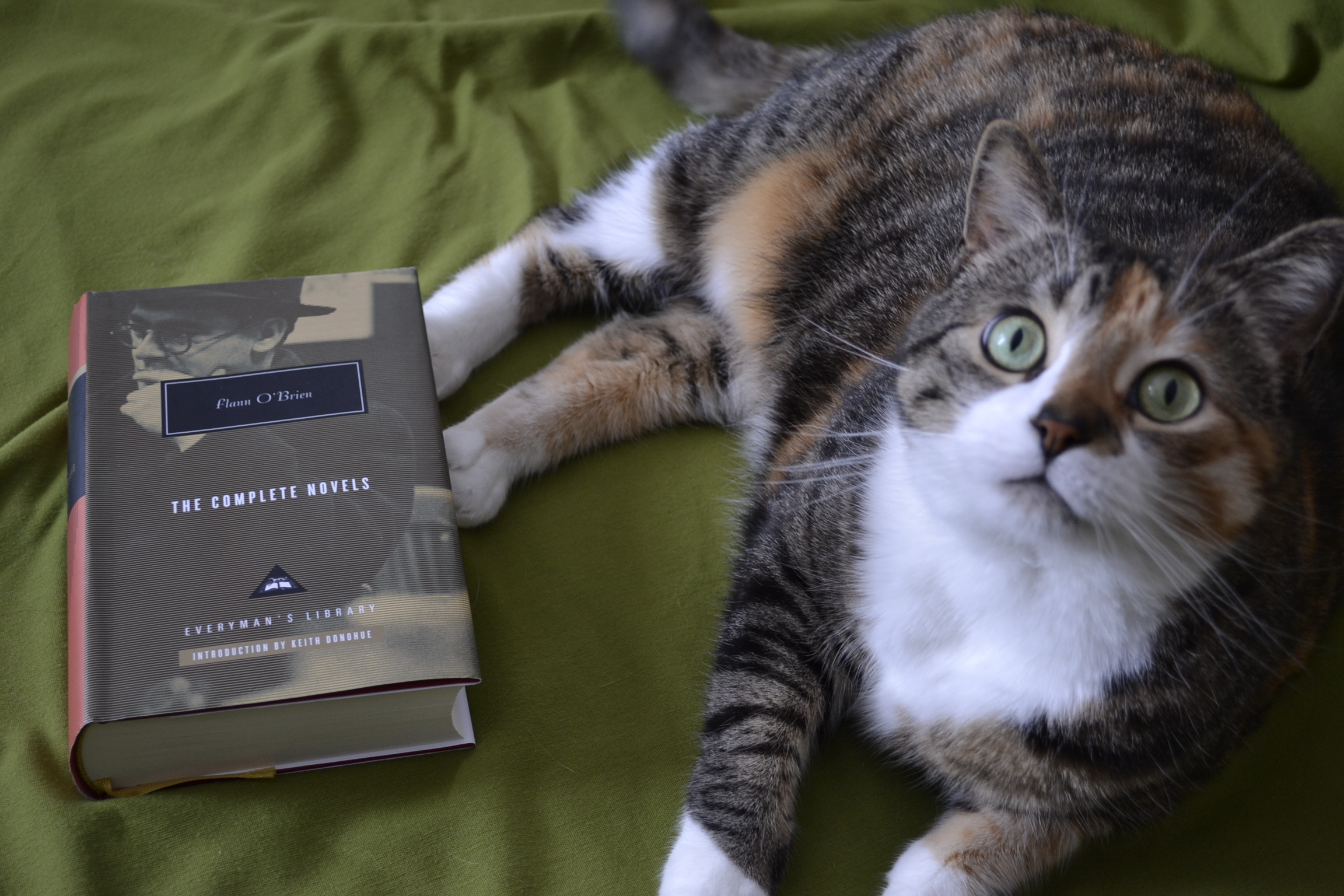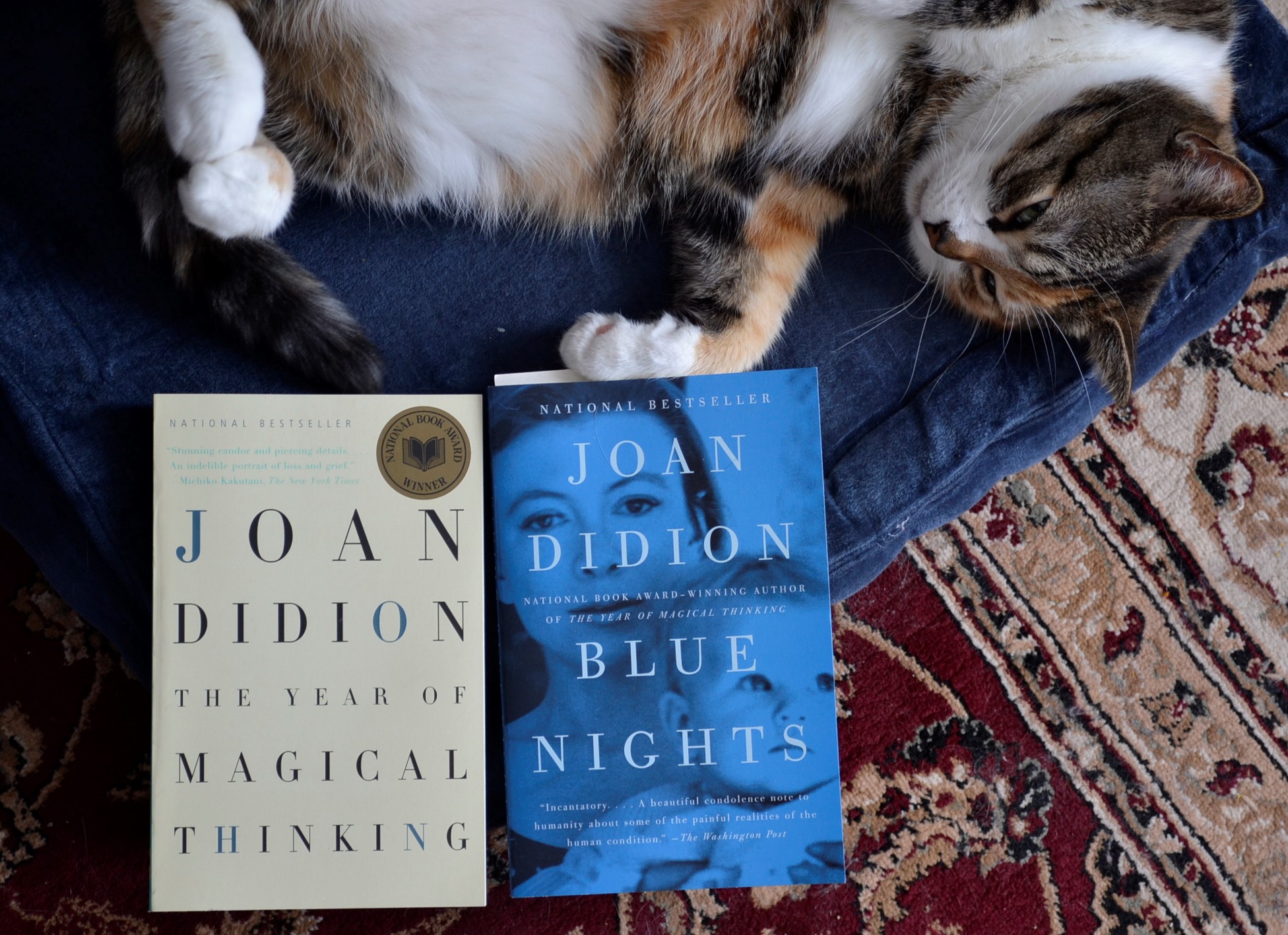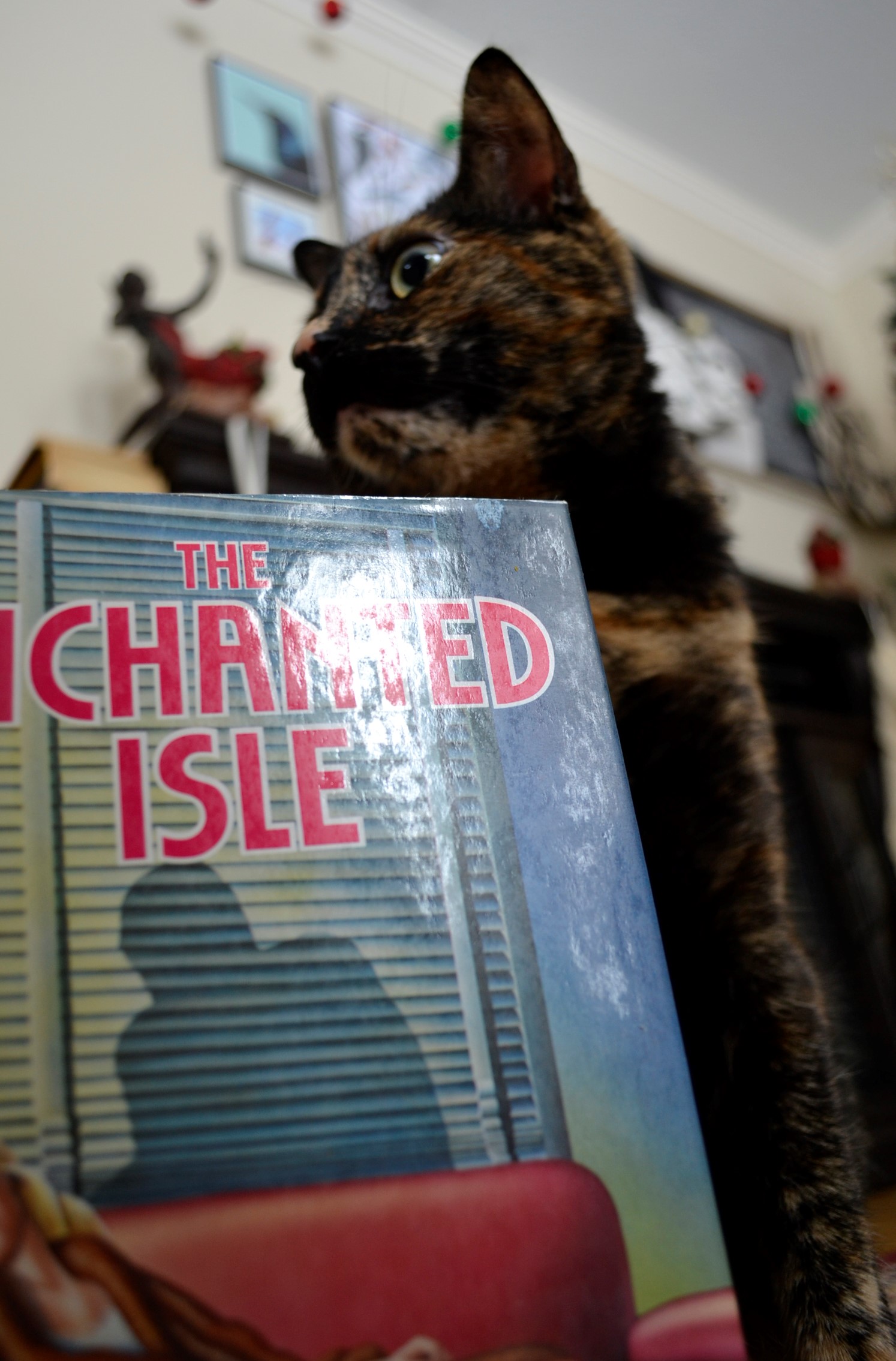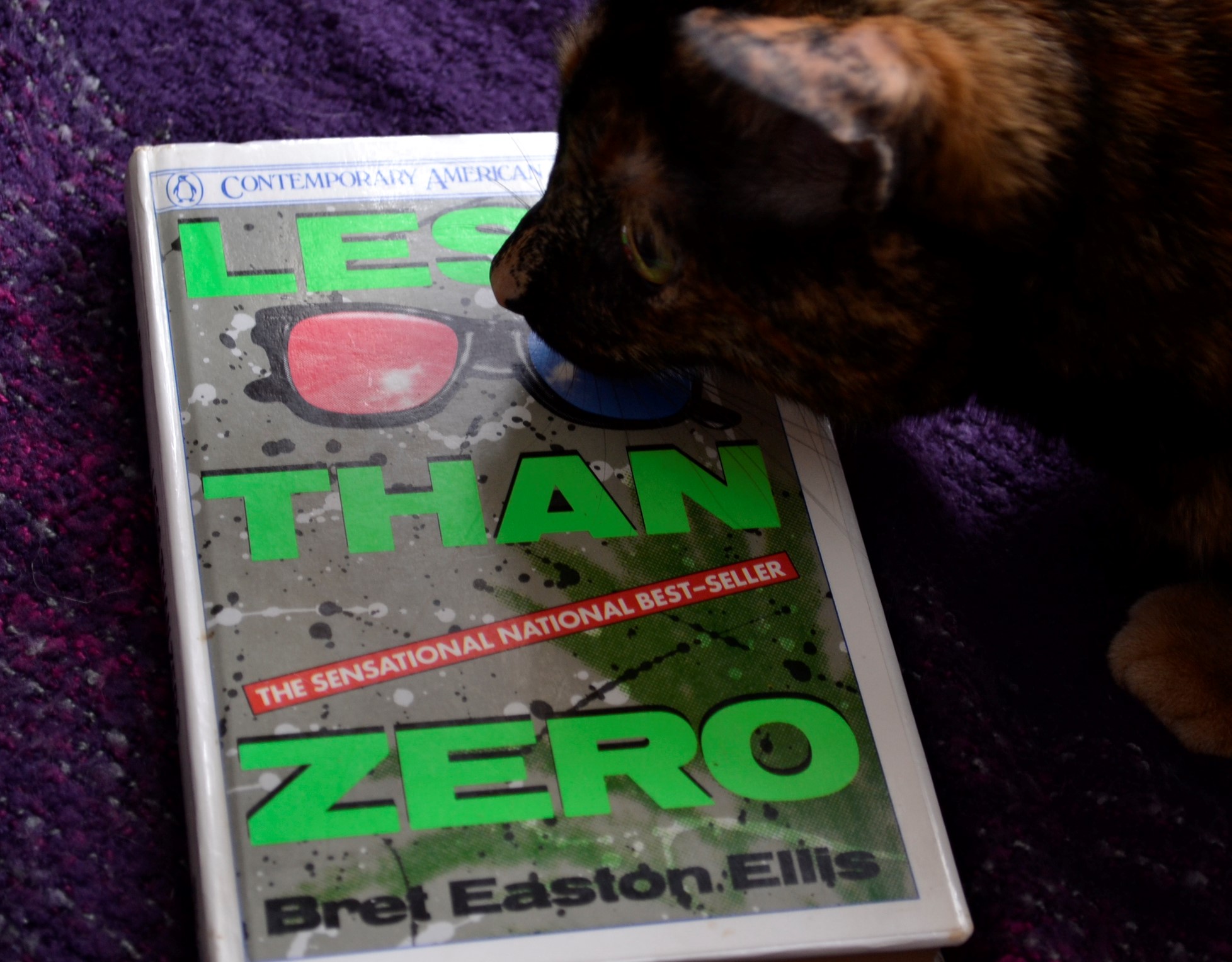The Blood of Others
I think it’s obvious by this discussion alone that this is an incredibly complex concept to even touch on, let alone explore in depth, but de Beauvoir does just that in a way that is accessible to the reader and tied to the driving plot. If you’re interested in the mechanics of building conceptual narratives into concrete storylines, this novel is definitely a must-read.
